UK engineering firm Nyobolt is testing its ultra-fast-charging and highly durable EV battery technology in a drivable version of its Lotus Elise-inspired concept.
Revealed last year as a static show car, the Nyobolt concept is a 470bhp, 1246kg electric reworking of the S1 Lotus Elise, designed by the man who penned the original, Julian Thomson.
Beneath its semi-familiar bodywork, the Nyobolt EV is a test bed for a new generation of battery that could represent a step change in electric vehicle range, charge times and longevity.
Cambridge-based Nyobolt says its high-density cell technology and battery management software could be used to optimise powertrains for "high-uptime" EVs that "demand high power and quick recharge cycles".
Initial testing with the running prototype this month has confirmed that its 35kWh battery can be charged from 10-80%, using a 350kW charger, in just 4min 37sec, which Nyobolt says is "twice the speed of most of the fastest-charging vehicles today".
Nyobolt has also carried out 4000 full fast-charge cycles – which it says represents travelling around 600,000 miles – and claims the battery retained more than 80% of its usable capacity.
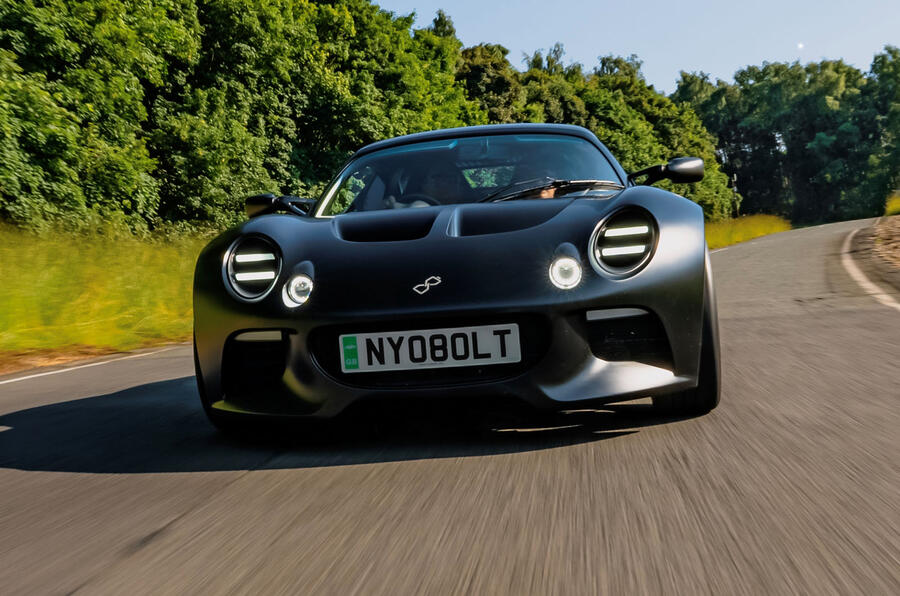
"This is many multiples higher than the warranties of much larger EV batteries on the road today," it said.
While Nyobolt envisions a broad range of applications for this technology beyond cars, it is not pure coincidence that the company is showcasing its potential in an Elise-based prototype.
The company says a particular benefit of its cell technology is that it minimises the size and weight of the battery packs, with the concept tipping the scales at just 1246kg – scarcely more than a Renault Clio.
The company's director of vehicle battery systems, Shane Davies, touted the dynamic benefits of lightweight EV powertrains: "We can enable OEMs to build excitement back into the segment, which is literally weighed down by legacy battery currently.
"Our Nyobolt EV demonstrates the efficiency gains facilitated by our fast-charging, longer-life battery technology, enabling capacity to be right-sized while still delivering the required performance."
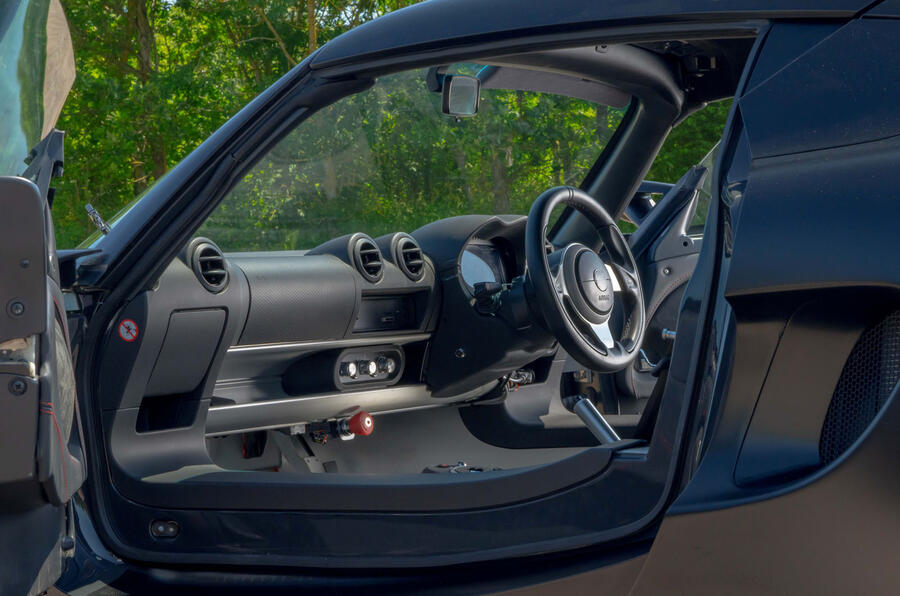

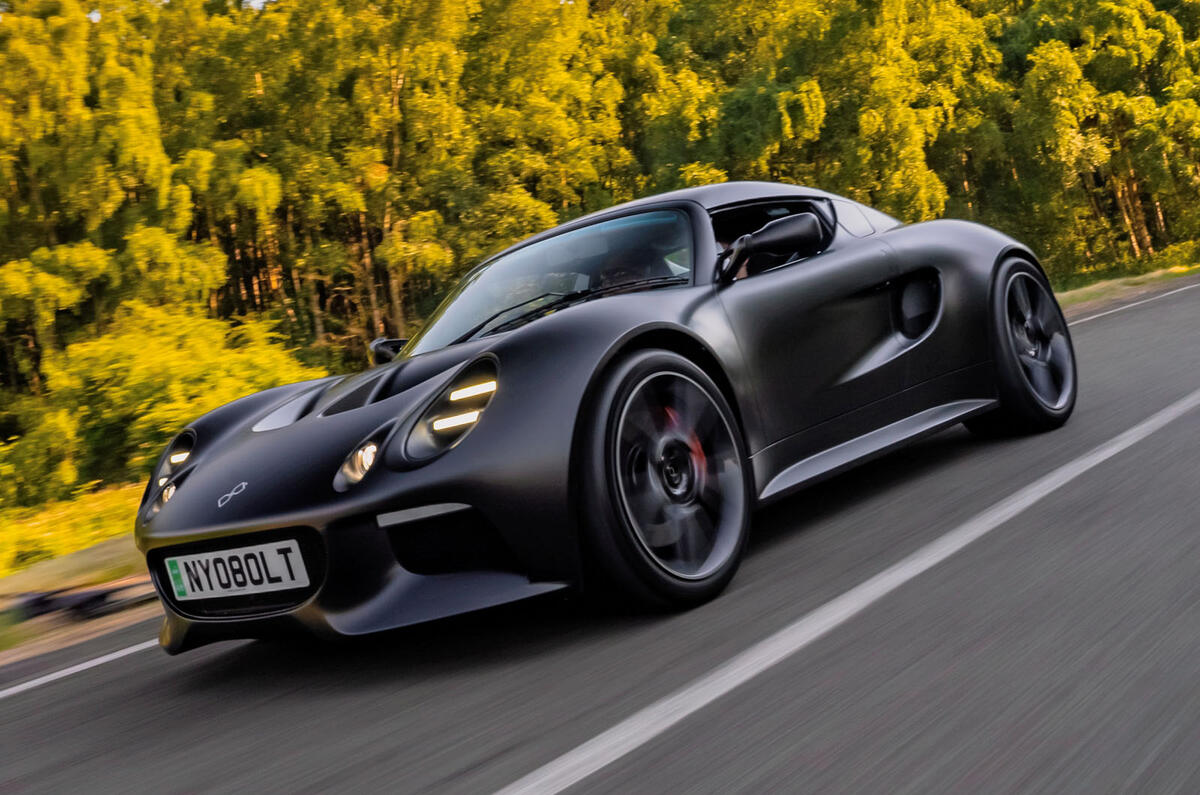
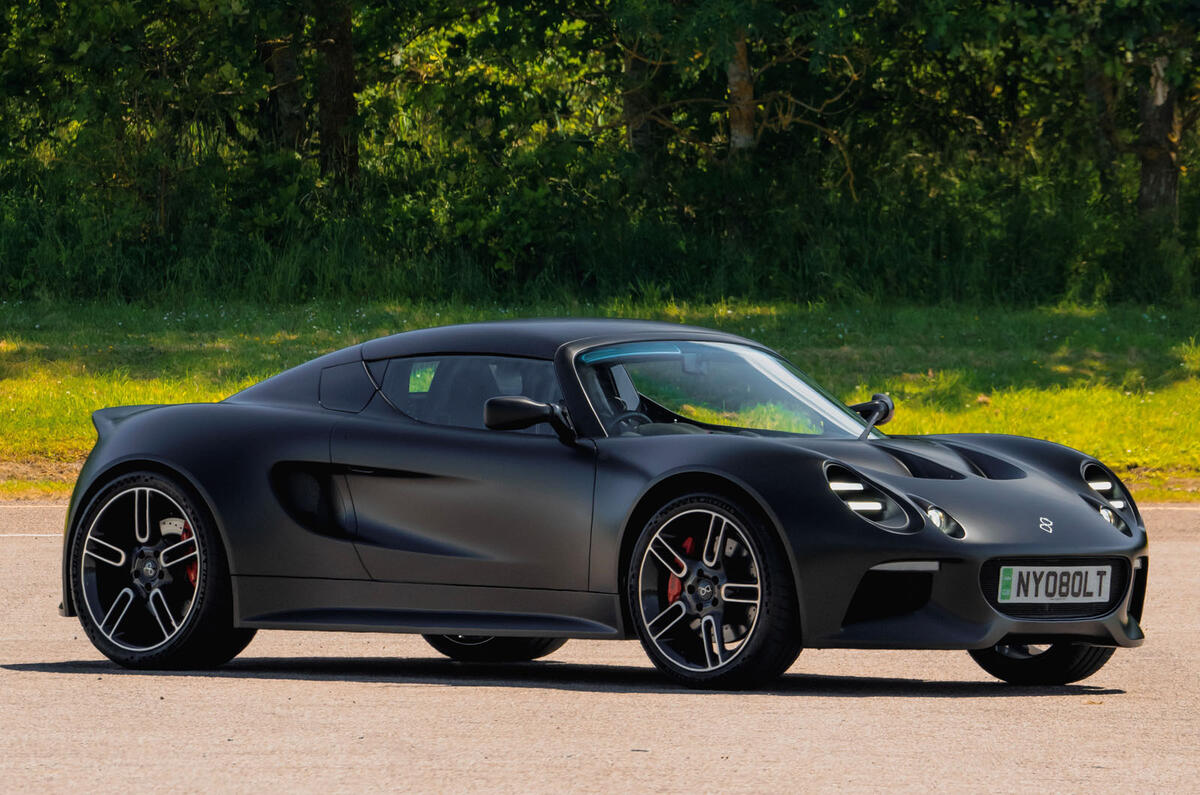
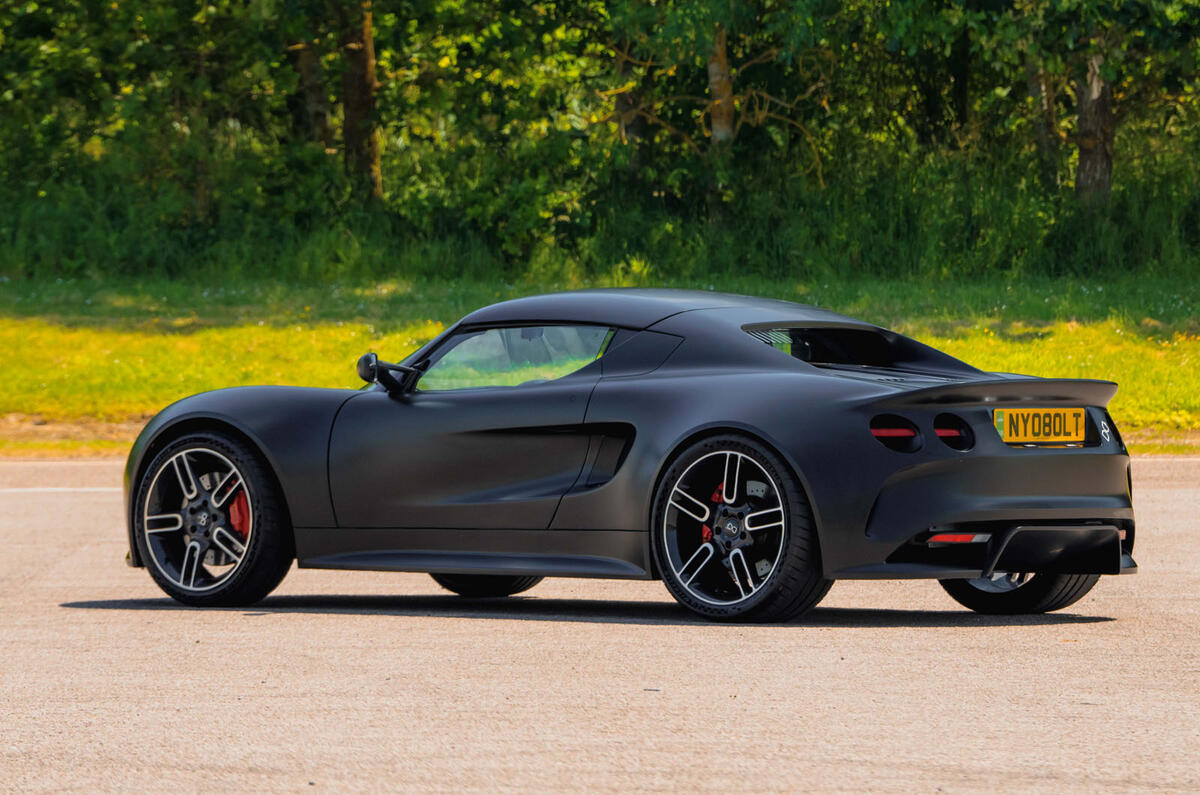
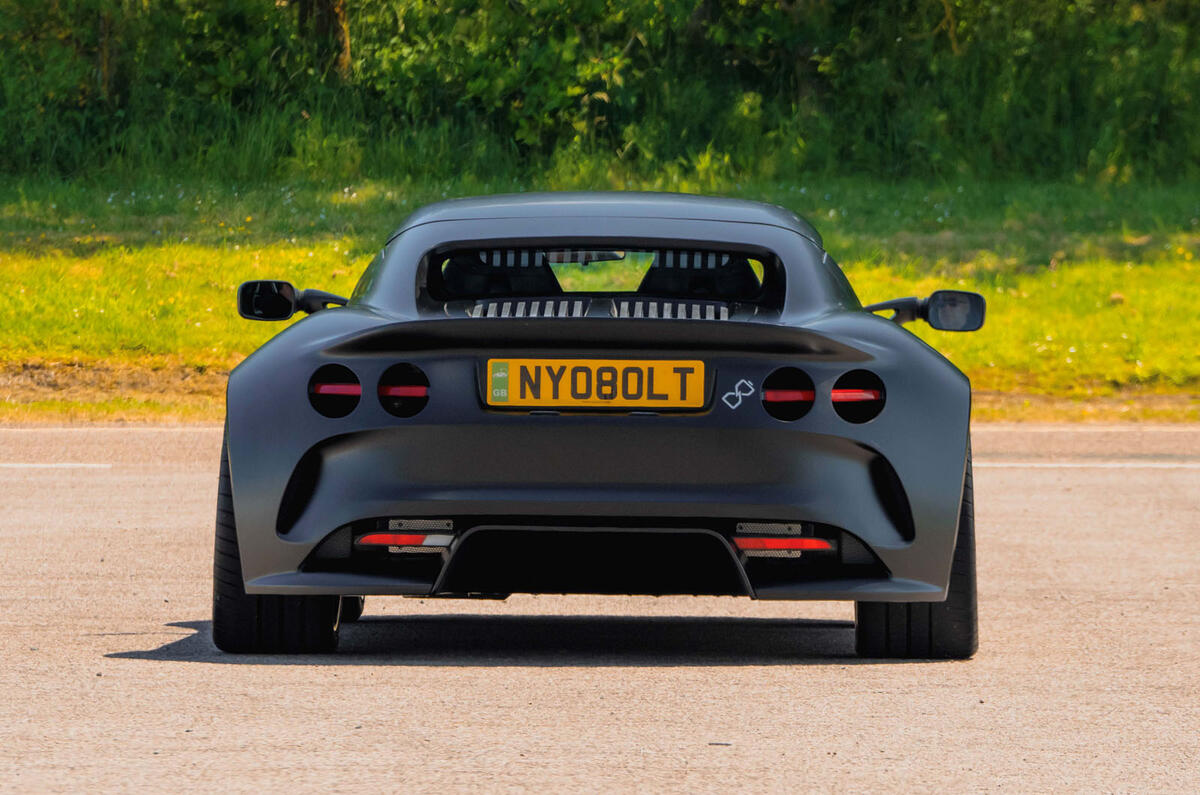
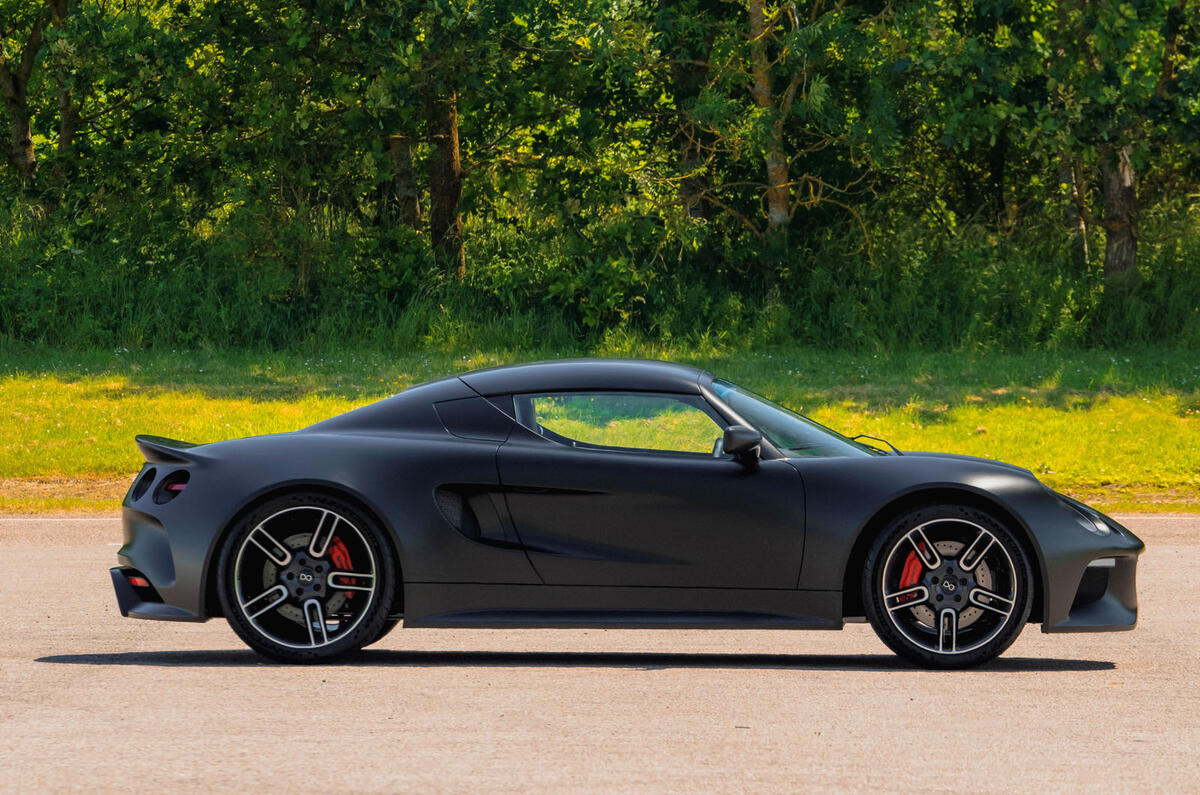
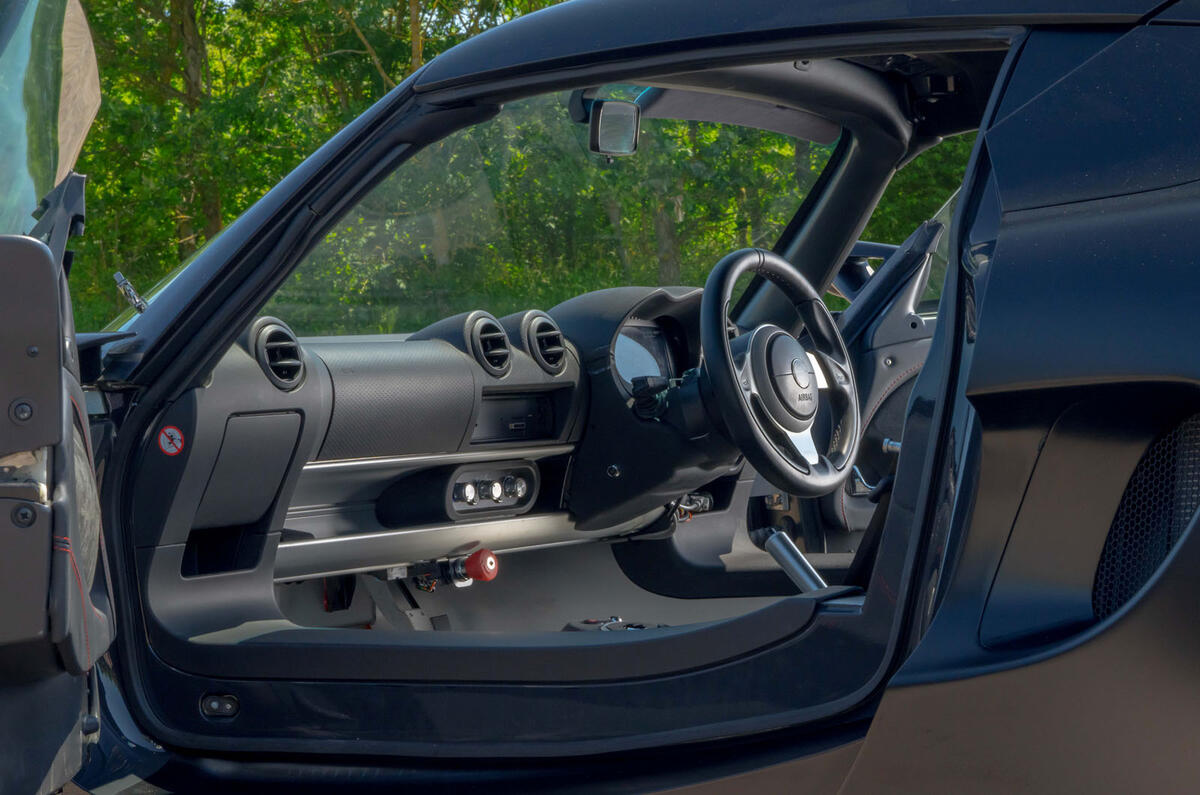
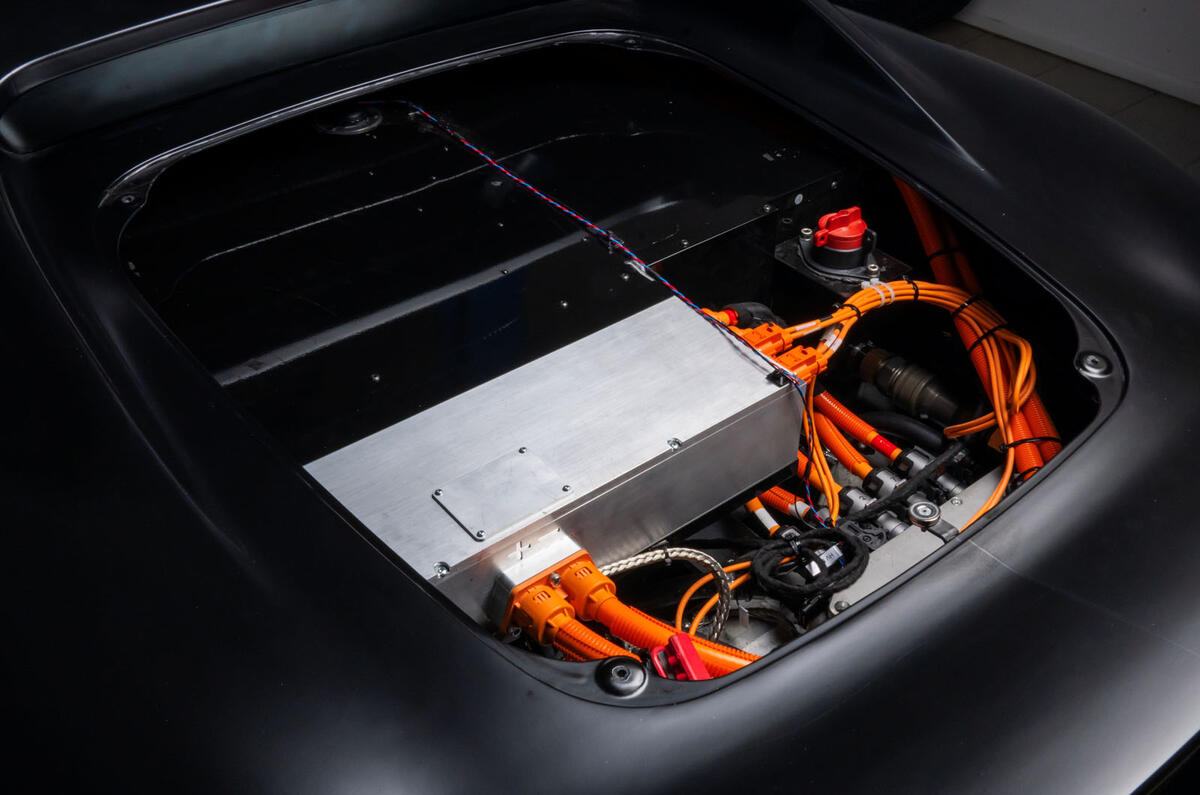
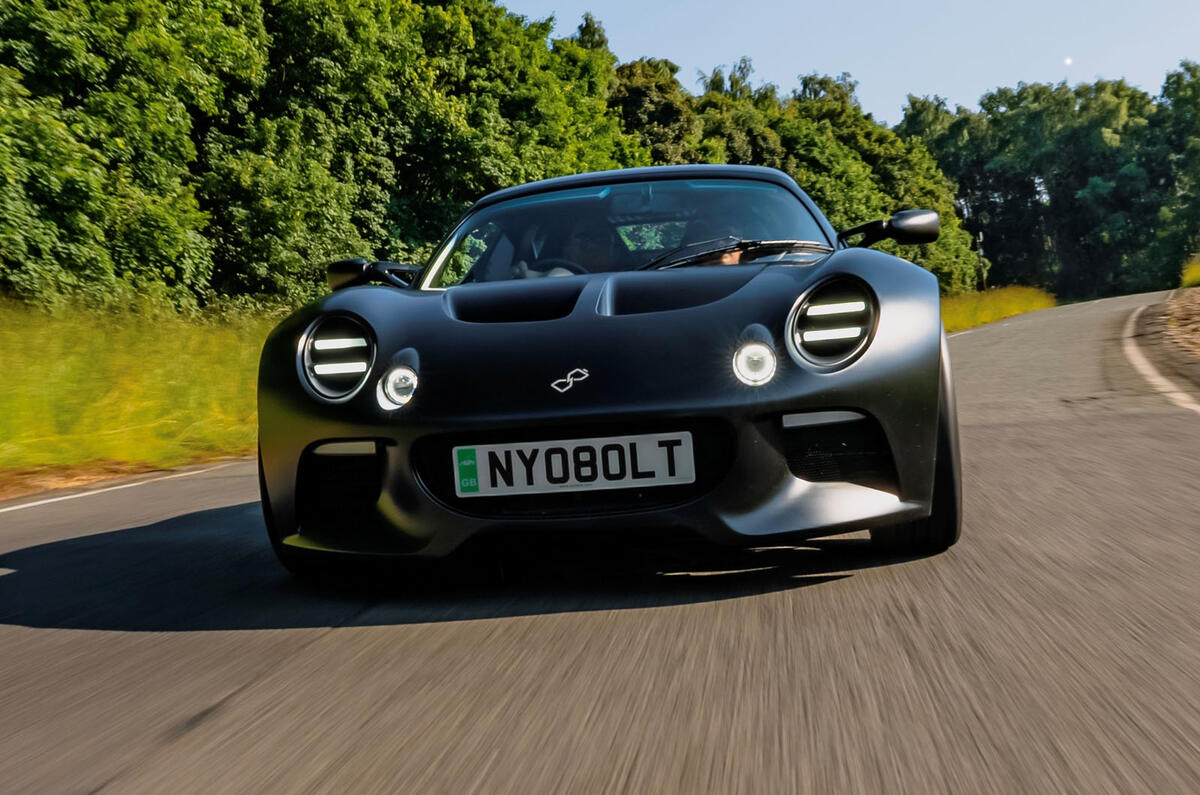
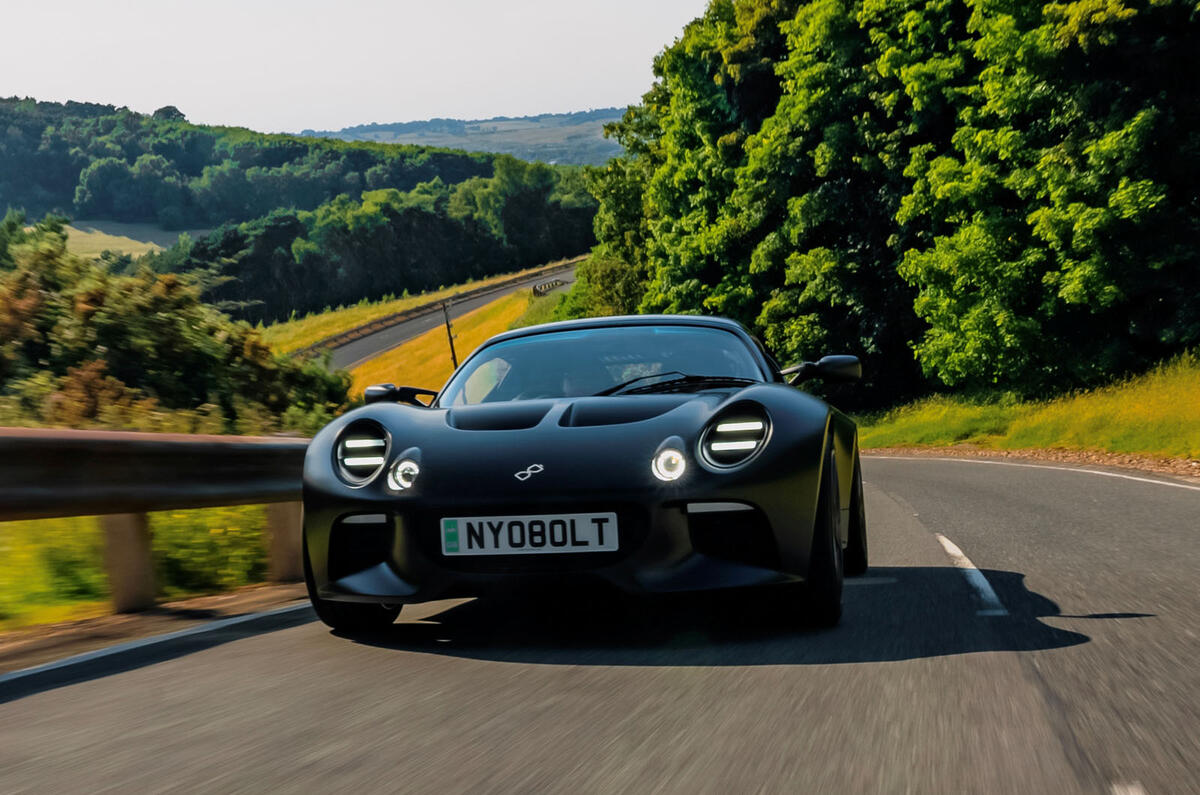
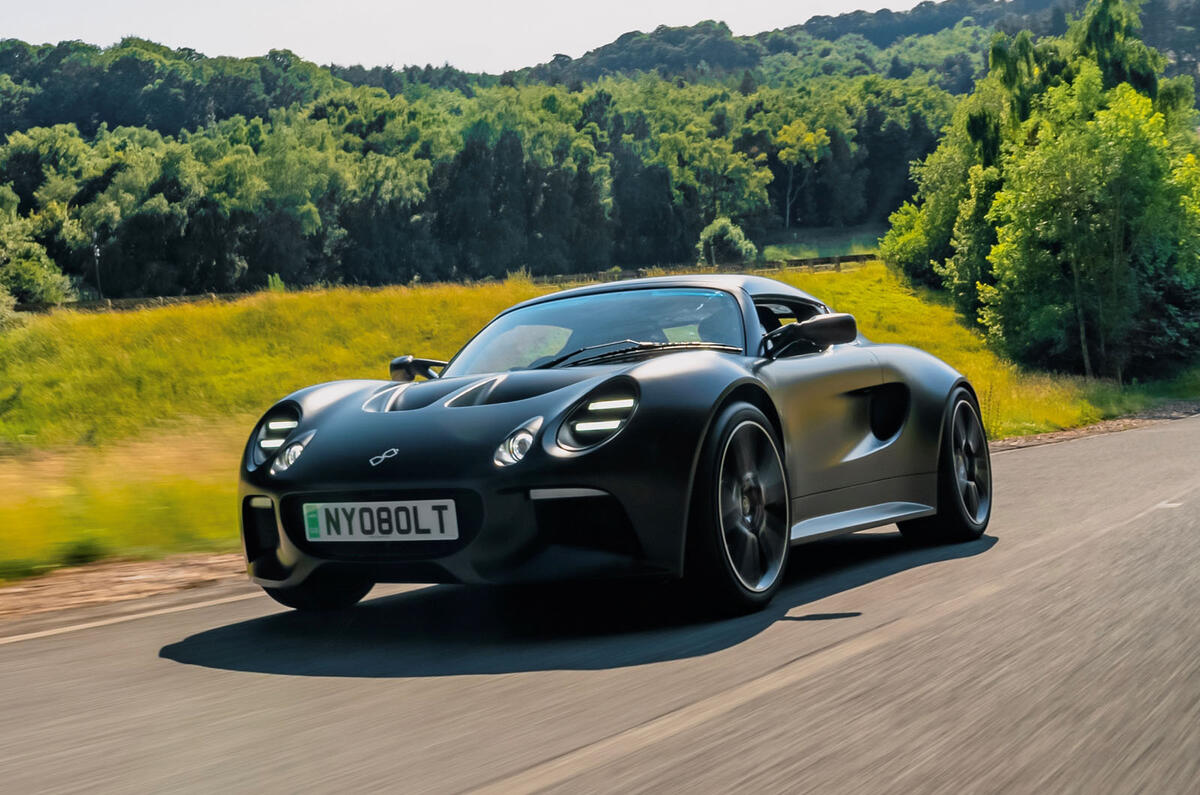
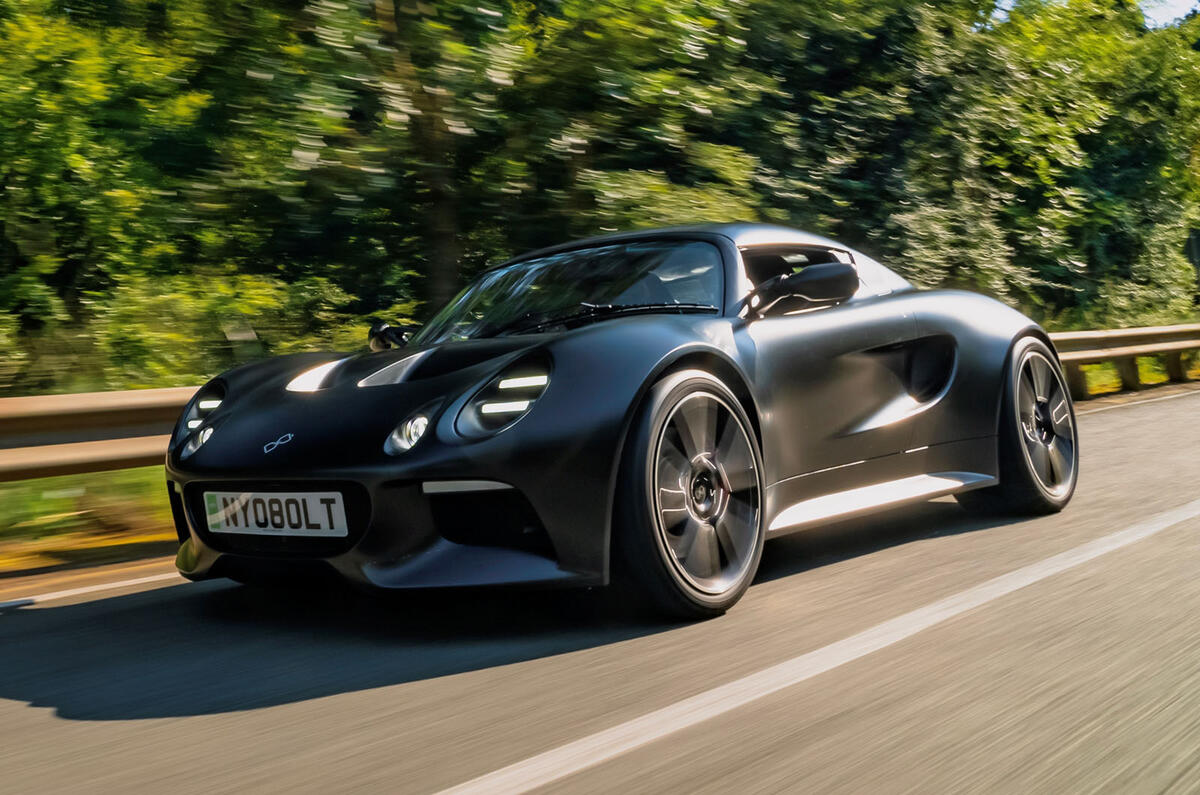
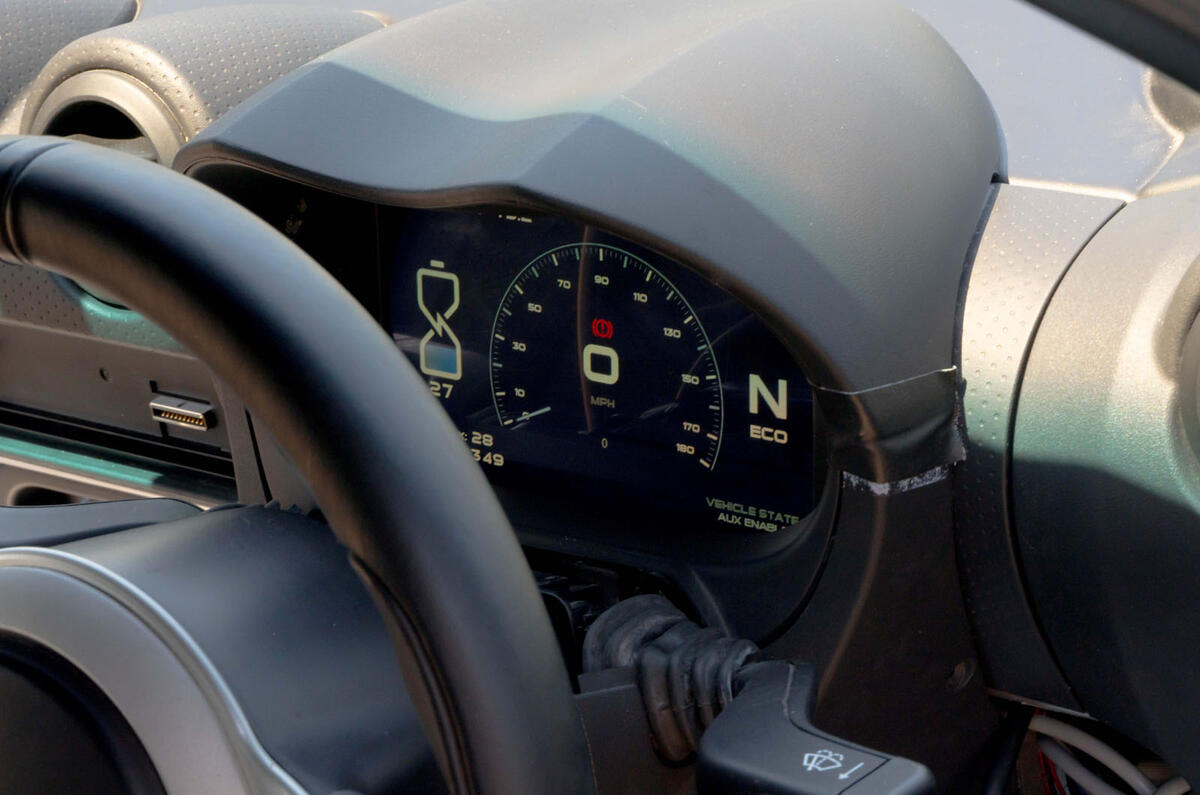
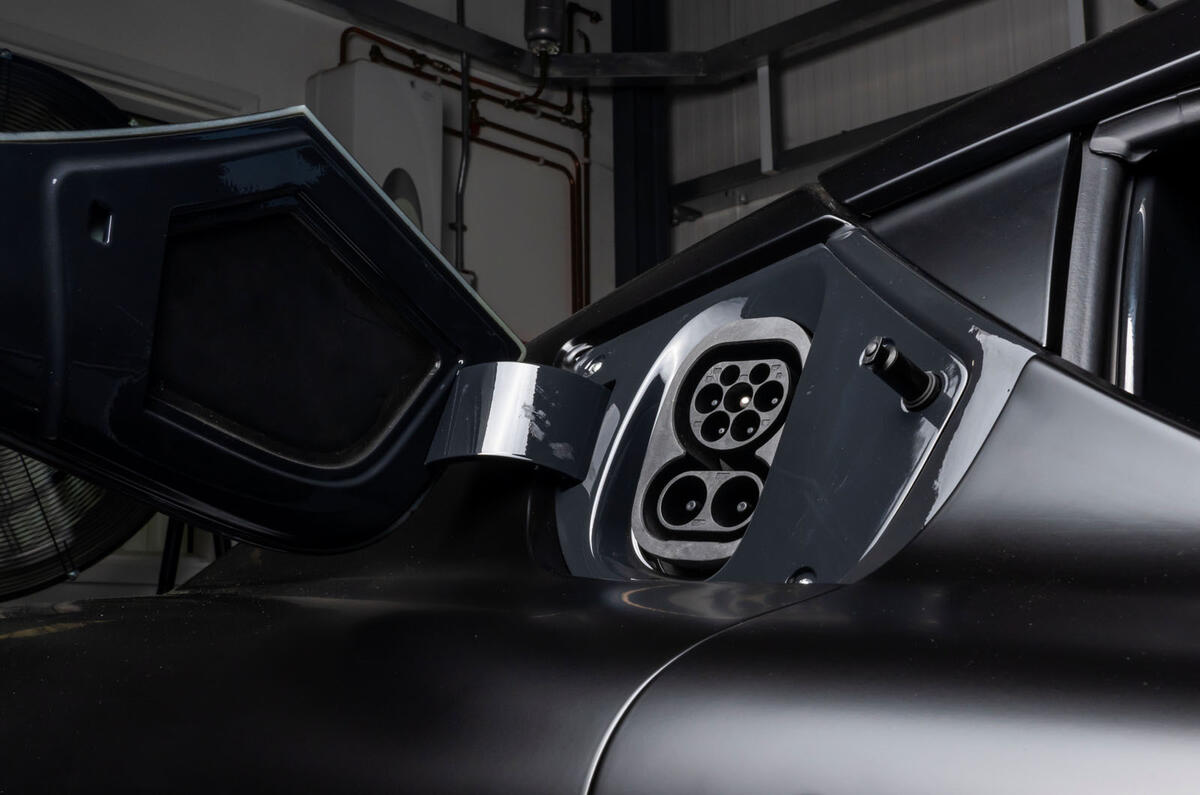
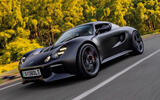





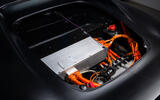





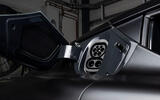






Join the debate
Add your comment
This will be useful for at least three or four trips I do every single year.
So often the case that for articles such as this, the most important things are often what is *NOT* said, rather than what is said!
And here it's range. What is it? Why no mention in the article?
We can put a fairly good guess it's because it's short, certainly compared to cars such as Teslas. That's backed up by the size of battery pack given - 35kWh.
The fact is that CHARGER POWER is what determines how many miles of range can be added in a given time. Typically an EV may do about 4 miles per kWh as a rule of thumb - so charging at 350kW will put on 140 miles of range in 4 minutes. That's independent of battery size. But assuming 350kW, the smaller the battery, the higher the C rate such power equates to. And saying it makes 10-80% in a very short time is only a reflection of this. A good thing - or just a reflection of a likely poor maximum range?
And for the future, we may be seeing a limit into what is physically possible with charging speeds. What if you wanted to charge in only a third of that time? Move up to 1MW? Just think what it entails. It corresponds to 1,000amps, even at 1,000volts. Pretty big conductors? And what about the necessary grid connection? You can ease that with local battery storage, but it all adds to the cost.
An updated Tesla Roadster 16 years after the orginal.